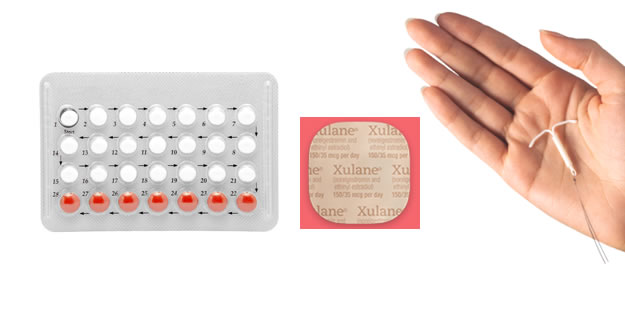Women using hormonal contraceptives –- such as the birth control pill, vaginal rings and hormonal IUDs –- have double the risk of attempting suicide compared to those who never took any type of hormonal birth control, according to a new study. But the risk is both small and short-term.
Researchers in Denmark examined medical registries involving about half a million women over 8 years and looked at hormonal contraceptive use, suicide attempts and completed suicides. Compared with women who never used hormonal contraceptives, those who used contraceptives had twice the risk of a suicide attempt and 3 times the risk of completed suicide. Results were published in the American Journal of Psychiatry.
The link between hormonal contraceptive use and a first suicide attempt peaked after 2 months of use. The birth control patch had the highest risk of suicide attempts, followed by the IUD, the vaginal ring and then pills. Overall, adolescent women had the highest suicide risk.
However, the researchers pointed out that the risk of suicide is still very small among women taking contraceptives. Only 71 women committed suicide out of hundreds of thousands that took a contraceptive.
Another Danish study published last year found a significant correlation between hormonal birth control and depression, especially among younger women.






